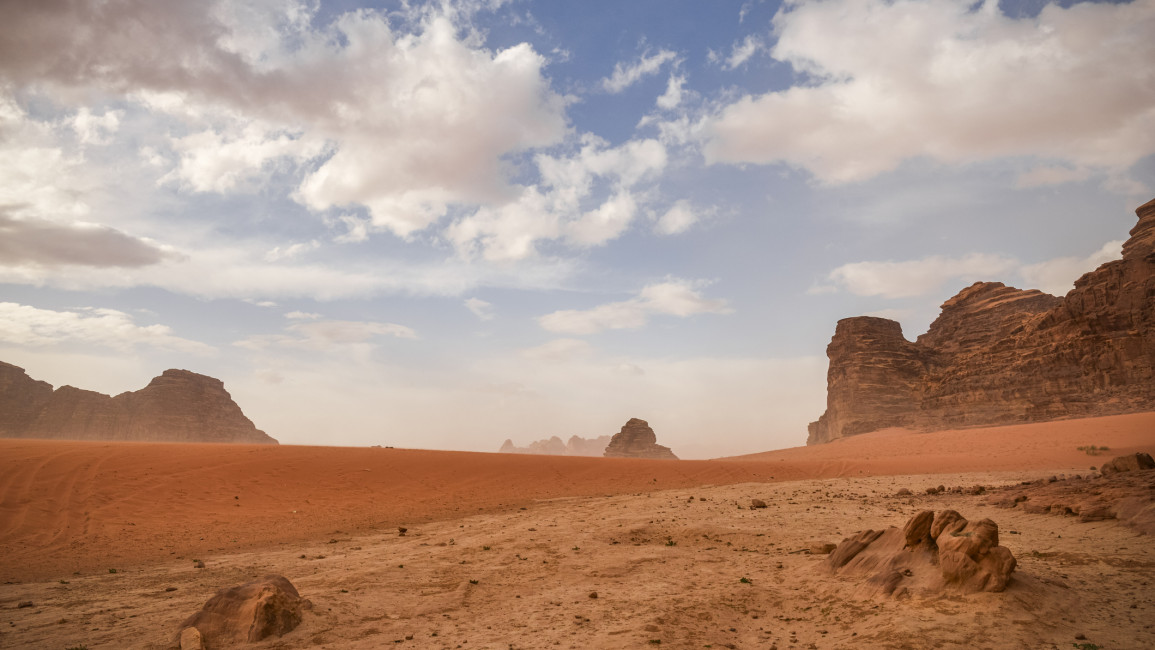Jordan's water shortages will be worse than last year, officials warn
Jordan is set to face another summer of severe water shortages, authorities warned on Sunday, one year after a critical drought saw many of the kingdom's dams run dry.
Water shortages are expected to be "more severe" than last year, the Minister of Water and Irrigation Mohammed Al-Najjar told deputies during a parliamentary committee meeting on the subject.
Rainfall this winter amounted to around 80 percent of the yearly average, but southern regions received less than 40 percent of their usual annual levels.
By the end of winter, the country's dams only held 90 million cubic meters of water. This is around one third of their capacity and 10 million cubic metres less than the previous year, the minister said.
This year, Jordan can expect similar shortages, he warned.
"We depend on two main dams to supply drinking water, which are the Wahda and Mujib dams," Najjar added.
"Mujib Dam was taken out of service last August due to lack of water, and it is not being used this year because it is dry."
The country is still reeling from a particularly dry winter the previous year, when it received less than two-thirds of its average annual rainfall.
By November 2021, six of the kingdom's seventeen dams had run dry, a big blow to farmers heavily dependent on the embankments for irrigation.
Decreasing rainfall levels led Jordan to overuse non-replenishable underground water reserves, which are depleted by between two to 20 metres a year on average.
The situation is only expected to get worse as climate change further disrupts rainfall patterns in the region.
This year, Jordanian authorities are considering increasing extraction from the Disi underground aquifer from 107 million cubic metres to 112 million cubic metres annually.
In parallel, the water ministry announced on Sunday it was relaunching a project, stopped in 2010, to sponsor rainwater harvesting wells in private homes.
Jordan is the second-most water scarce country on earth and its residents live with less than 100 cubic metres of renewable water per person, per year.
Countries are considered to pass the threshold of "acute water scarcity" when only 500 cubic metres are available per person.



